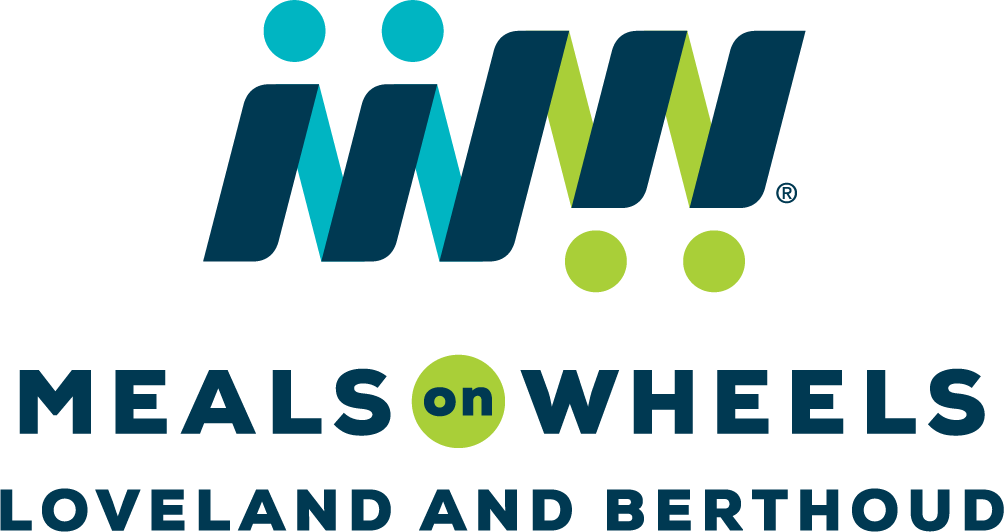Staying Safe in Extreme Heat
A large part of our country, including most of Northern Colorado, has been experiencing extreme heat conditions. These conditions are defined by high heat and humidity with temperatures 90 degrees and greater for several days.
Extreme heat can have severe and dangerous consequences for all, but it can be especially hazardous for older adults and people who suffer from chronic health conditions. Studies have shown that older adults have a documented increased risk of morbidity and mortality due to extreme heat.
Older adults do not adjust as well as young people to the extreme changes in weather associated with Extreme Heat. They are often more likely to be on prescription medicines that can affect the body’s ability to control temperature and sweat. Older adults are also more likely to be socially isolated and left without support to deal with the prolonged effects of extreme heat.
Older Adults are a vulnerable population when it comes to the impact of high heat.
When temperatures stay high, the body must work extra hard to maintain a normal body temperature, and heat-related distress can occur quickly, and often times without warning. Extreme heat is responsible for the highest number of annual deaths among all weather-related hazards.
What Can You Do to Prepare for Extreme Heat?
If you are an at-risk individual or care for someone who is, there are many ways in which you can prepare for the effects of extreme heat.
Don’t rely on a fan as your primary source of cool air. Fans can create a nice airflow, but they do little to reduce body temperatures and cannot prevent heat-related illnesses.
Identify places in the greater community where you can go to get cool. Some suggestions include: the library, an indoor shopping mall, the Chilson Center, etc. Some communities are even creating special cooling centers for individuals who don’t have access to air conditioning at home.
Learn to recognize the signs of heat illnesses:
Heat Stroke is a dangerous condition that presents itself when an individual has an extremely high body temperature (above 103 degrees F), exhibits a rapid and strong pulse, has red, hot, and dry skin without sweat, and possible dizziness, accompanied by confusion and sometimes unconsciousness.
If you or someone you know is exhibiting any of the aforementioned signs, call 9-1-1 or get to the hospital immediately. Do not give the person anything to drink.
Heat Cramps can occur in extreme heat. These are muscle pains or spasms in the stomach, arms, or legs.
If you have signs of heat cramps, get to a cooler location, and sip on a sports drink or water.
Heat exhaustion can have heavy sweating, paleness, muscle cramps, tiredness, weakness, fast or weak pulse, dizziness, headache, fainting, nausea, and sometimes vomiting.
Go to an air-conditioned place and lie down. Loosen and remove tight clothing. Sip on a sports drink. Get medical help if conditions worsen or last for more than an hour.
How to Remain Safe During Extreme Heat
During an extreme heat weather pattern, it is important to remember to follow these recommendations:
Limit strenuous outdoor activities until the coolest time of the day.
Individuals who are at-risk, on certain medications, or suffer from chronic medical conditions should stay in the coolest available place.
Wear lightweight clothing.
Eat light, cool, and easy-to-digest foods like fruit or salads.
Drink plenty of water. Stay away from alcoholic and caffeinated beverages.
Take a cool bath or shower.
Don’t use an electric fan when the temperature outdoors is more than 95 degrees. Fans create airflow, but also a false sense of comfort.. Direct fan airflow can actually cause you to become dehydrated faster.
Check on your older, sick, and isolated neighbors and family members. Monitor them for signs of heat-related illness. Help those who need electrical support (monitors, oxygen) should a blackout occur due to high electricity demands.
Follow simple safety steps to stay cool in extreme heat.
Heat-related illnesses and deaths can be prevented with proper planning, education, and action!



